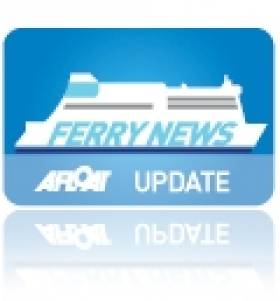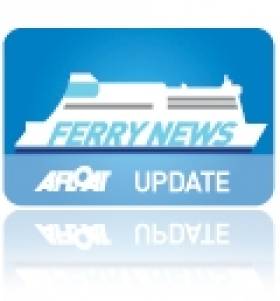Displaying items by tag: CorkSwansea ferry
Cork-UK Ferry Link ‘Unfeasible’
#CorKWalesFerry – The reinstatement of a ferry link between Cork and the UK is not feasible in the current economic climate, according to a report compiled by transport experts, writes the Irish Examiner.
Cork County Council and the Port of Cork commissioned consultants Strategic Transport Solutions International to undertake a feasibility study of reopening the link after the ill-fated Fastnet Line ceased sailings in 2011.
The report concluded that in the present "economic and competitive climate", a new service cannot be justified commercially on the basis of the volume of passengers and freight achievable in the short term.
Traditionally the main ferry route between Britain and the south-west of Ireland has been Swansea to Cork. However, this time the consultants looked at linking Cork with Newport in Wales, and Bristol in England. To read much more on this story, click here.
Pushing the Boat Out to Relaunch New Cork Ferry Service
#CORK FERRY RELAUNCH - According to today's Cork Independent, the Cork-Swansea ferry route which closed last Autumn has been followed-up by a new group to assess the feasibility of reopening the Celtic Sea service.
Those involved in the new group are from Cork County Council, the Port of Cork, Fáilte Ireland and representatives from the Irish Exporters Association which was announced by Mayor Tim Lombard, who believes that the wind up of Fastnet Line earlier this year and departure of ferry, has really hurt businesses in West Cork.
"There is a lack of tourism and a lack of business in West Cork this summer. There has been a major effect seen in the businesses in West Cork following the closure of the Fastnet Line," Cllr Lombard said. "It's why we are trying to push the boat out, if you pardon the pun," He added that the loss is also felt by the manufacturing sector which has lost a vital alternative freight link to the UK.































































